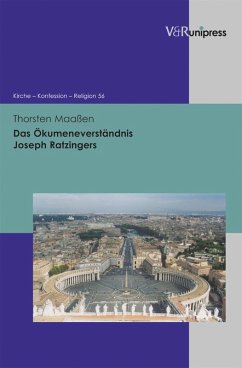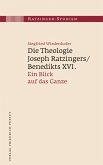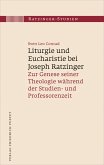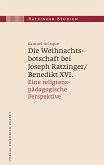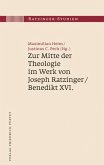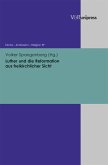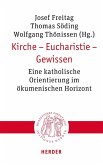The unity of the Church and its fragility are one of the issues with which Joseph Ratzinger, now Pope Benedict XVI, has concerned himself since the beginning of his academic career. This book traces historic and systematic aspects of Ratzinger's understanding of ecumenism in his writings up until the papal election in April 2005. Central to his understanding is the "hermeneutics of unity", with which Ratzinger defies all forms of confessional self-conceit. The author reveals continuity and developments, for instance in Ratzinger's assessment of "subsistit in" from the church constitution of the Second Vatican Council. He analyses Ratzinger's view on the problem of ecclesiality of the divided churches: on the one hand Ratzinger advocates the ecclesiastical dignity of those baptised outside the Roman Catholic Church. On the other hand, he firmly upholds the belief that the visible church of Jesus Christ only exists in the Catholic church. In particular Ratzinger's contributions to the "Joint Declaration on the Doctrine of Justification" and on the significance of the Augsburg Confession are presented and commented with a view to the Protestant churches. Maaßen concludes by pointing out prospects for future Protestant/Catholic encounters.
Dieser Download kann aus rechtlichen Gründen nur mit Rechnungsadresse in A, B, BG, CY, CZ, D, DK, EW, E, FIN, F, GR, H, IRL, I, LT, L, LR, M, NL, PL, P, R, S, SLO, SK ausgeliefert werden.

